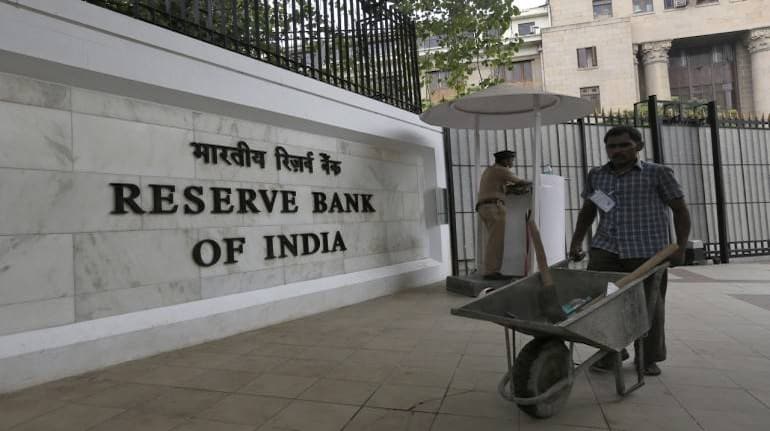As per the RBI Act 1934, the MPC is required to meet at least four times in a year.
In the March meeting, the Reserve Bank of India's (RBI) rate-setting Monetary Policy Committee (MPC) slashed policy repo rate by 75 basis points, bringing it down to 4.4 percent from the earlier 5.15 percent.
Repo is the rate at which RBI lends funds to commercial banks when needed. It is a tool that the central bank uses to control inflation.
As per the RBI Act 1934, the MPC is required to meet at least four times in a year. For the financial year 2020-21, the committee was scheduled to meet five times-- June 3-5, August 4-6, September 29-30 to October 1, December 2-4 and February 3-5 2021. However, the June meeting was advanced to May 20-22 in view of the COVID-19 pandemic.
At this off-cycle meet, the MPC decided to bring down repo rate by another 40 percent to 4 percent, while maintaining its accommodative stance.. So basically, the central bank has already slashed policy rates by a good 115 bps this year.
At the time, RBI Governor Shaktikanta Das had said, "There will be a gradual revival of activity and demand by the second half of FY21. MPC (monetary policy committee ) believes it is essential to instil confidence at this point of time."
In its research report 'Ecowrap', The state Bank of India (SBI) has said that with the 115 bps reduction in repo beginning February, banks have already transmitted 72 bps to the customers on fresh loans in the interregnum, perhaps a milestone in terms of policy rate transmission in India. Large banks have transmitted as much as 85 basis points, it added.
The decisions taken by the central bank in May came at a time when global economic activity had remained in standstill under the COVID-19-related lockdowns and social distancing. By this time, India had already been under lockdown for over two months, a factor that had a significant impact on domestic economic activity.
"The MPC is of the view that the macroeconomic impact of the pandemic is turning out to be more severe than initially anticipated, and various sectors of the economy are experiencing acute stress," the committee said in the minutes of its May meeting.





